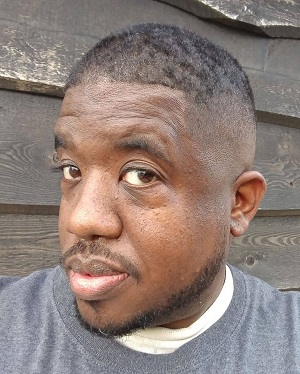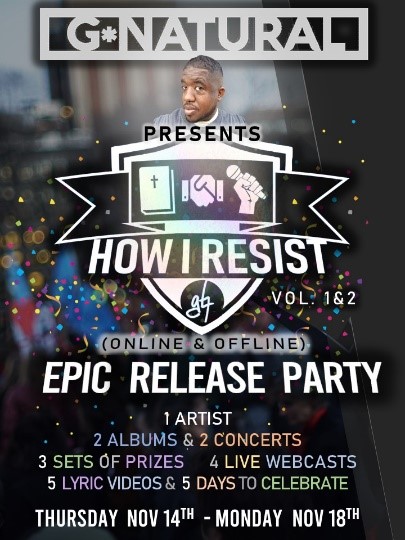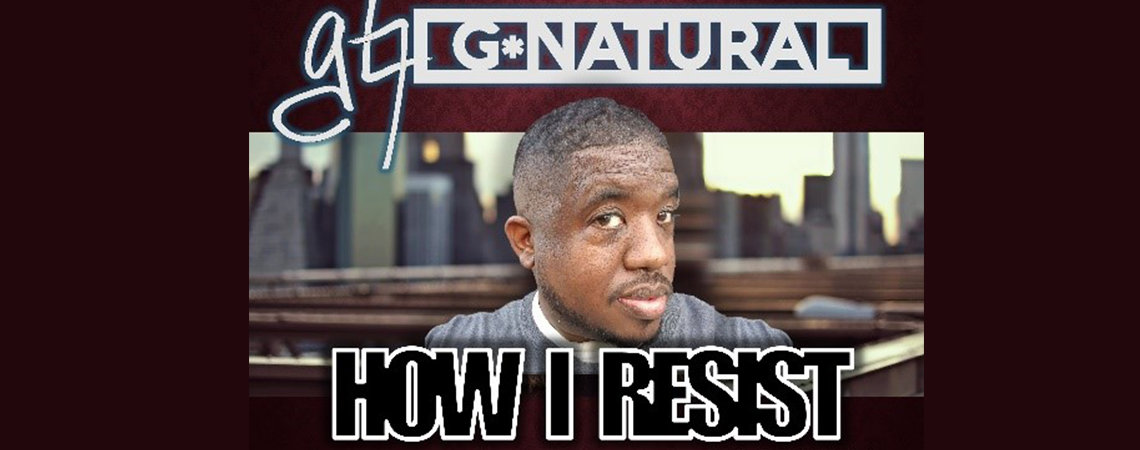
By Jelani Greenidge, Co-Pastor of Worship & Proclamation, Sunset Covenant Church
You wouldn’t necessarily know this just from examining 21st century pop culture, but hip-hop music has always been a vehicle for protest, even since its very beginning. From the time that emcees (aka MCs or masters of ceremony) and deejays (aka DJs or disc jockeys) began experimenting with rhythmic chants layered onto beat breaks from R&B records, there’s always been consistent duality to the music. On the one hand, it’s supposed to be fun, interesting, entertaining and often downright exhilarating. On the other hand, the subject matter can often be dark, solemn and full of despair and foreboding. Over the last four decades that duality has fueled its growth as an artform; people are attracted by the spectacle and the sonic wizardry, but they connect to the stories of pain, struggle, and at times, overcoming.
My journey as a rapper started with my dad. A lot of people don’t know this, but he was the first member of our family to publicly write and perform a rap, when he was the youth pastor at Maranatha Church in the late 1980s. He caused quite a stir, and it left an impression on me. As I got older, first in my early teens and then in my early 20s, he continued to encourage my brother, my friends and I to use rap music as a form of public ministry. He saw that I was gifted in rhythm, rhyme and intellect, and he pushed me to hone my craft in the way that I was most excited. It’s not a coincidence that my first rap group was called “The Iccsters,” an homage to the church home that birthed our ministry, Irvington Covenant Church (aka ICC).
And a young adult fresh out of college, my love for hip-hop music led me to continually find ways to incorporate it into the worship music experiences I had become entrusted with creatively overseeing. As I became a worship leader, then a worship director, and then eventually I transitioned into becoming a worship pastor, my knowledge and love for hip-hop culture became my distinguishing calling card. And as hip-hop continued to spread further and further into the nooks and crannies of American popular culture, I found that the language and mannerisms of hip-hop were an easy shorthand that I could use to connect with people who grew up listening to the same kinds of songs and watching the same kinds of music videos.

As I continued in my church work and my twenties stretched into my thirties, I kept doing hip-hop music, but my opportunities were fewer and further between them. My rap group partners and I were getting busier and busier, and we lived further and further apart. I still listened to hip-hop, along with plenty of other diverse forms of music, but it was no longer the main focus of either my music or my ministry. As I watched the next generation run with hip-hop as a way to leverage a new form of activism, I was content to remain on the sidelines.
But in early 2017, I felt the old stirring for hip-hop culture return, magnified by a new sense of frustration and moral indignation regarding the direction of evangelicalism writ large, especially in white evangelicals and their support of the current presidential administration. I wrote and released a song called “We Are the Resistance [Push Back]” as an expression of that protest.
Since then, I’ve done a fair amount of writing, speaking and engaging in online discussions around these issues, and I’ve tried to do my best to be a moderate, bridge-building voice, doing my best to model a tone of mutual respect and civility. And as the public discourse kept heating up more and more, it got harder and harder to maintain this posture… but I did my best. Eventually I realized that my style of respectful dialogue and thoughtful engagement was its own form of resistance distinct from the other forms I was accustomed to seeing.
All the while, I kept writing music. Worship music for use in the church, but also hip-hop music. Mostly I did it as a hobby to entertain myself and a few of my friends. But the longer I did it, the more that I realized that this music was an expression of the values I was trying to live out on a day to day basis. It was also much more mature than the music I made in my 20s, because I was now viewing the world through the lens of a pastor who cared for people and wanted them to avoid some of the mistakes I made earlier in life. I realized it could bless a wider audience than what I initially intended it for.
So this
has become my brand, both in hip-hop and in life in general. And now, as a solo
artist, I’m ready to share that music. It’s a double album entitled How I
Resist. The first half debuted on October 15th and is now
available to purchase or stream in all digital music outlets, and the second
half is debuting later this month. To celebrate this, I decided to stage two
concerts. If you’re one to wait for an invitation, this is it:
Pastor Jelani “G-Natural” Greenidge invites you to not one, but TWO release concerts to celebrate his newest double album release. “How I Resist, Vol. 1” is now available in all digital music outlets (like Spotify, Apple Music, Amazon, etc.) and “How I Resist, Vol. 2” is soon to follow. As a black pastor, these albums represent his alternative vision of what it means to be a Christ follower in our current fractious political environment. You can enjoy great music and stimulating conversation FRIDAY NOVEMBER 15th at West Hills Covenant Church and SUNDAY NOVEMBER 17th at Portland Covenant Church (formerly Irvington Covenant), both at 6:30PM. If you’re unable to come out in person, you can still join in on the epic release party with a series of webcasts, live videos, and prize giveaways throughout the weekend. For more on this, follow him on Facebook.
[Click Here] to visit the Release Party Facebook Event Page
[Click Here] to find Jelani’s new album on all your favorite digital music outlets

